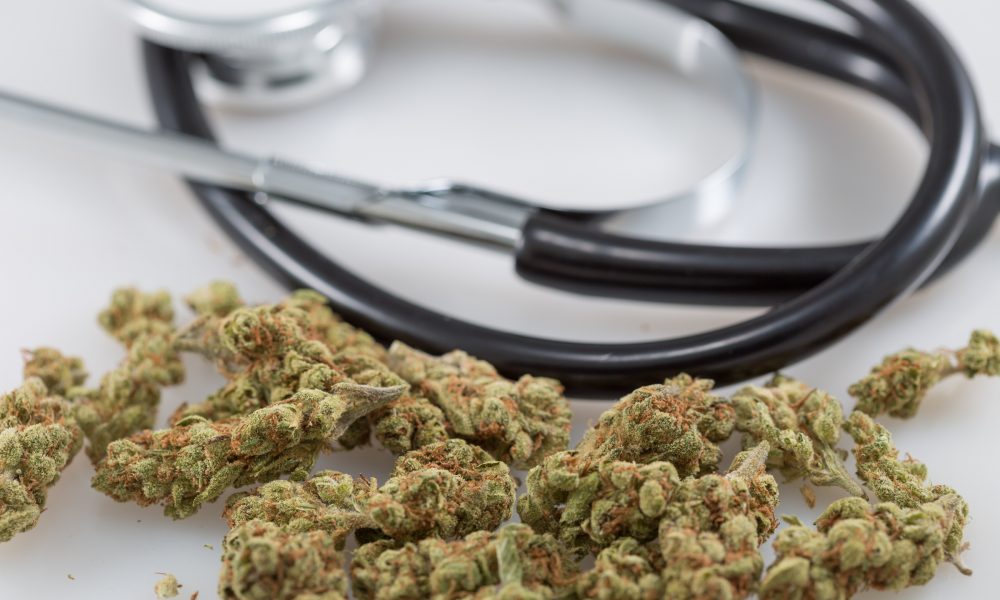“I don’t think that our process before this one was flawed. There was value in what we did.”
By Ralph Chapoco, Alabama Reflector
Companies went before the Alabama Medical Cannabis Commission Monday to make their cases for getting licenses, kicking off the third attempt to award medical marijuana licenses in the state.
Most of the applicants were allotted 20 minutes to speak to the commission. Most stressed their expertise; some addressed perceived shortcomings in their applications.
“When somebody is making a presentation, you can kind of read into what they are thinking,” said Rex Vaughn, chair of the Alabama Medical Cannabis Commission. “You can see how they have an understanding of their industry, their commitment to it. Certainly, we can see a lot on paper how they can validate their financial background. But there is a difference in understanding, firsthand, what they feel about it when they are making a presentation in front of all these commissioners.”
Members will be hearing from applicants for most of the week, grouped by the types of licenses that are available, including licenses for cultivating, processing, transporting and dispensing medical cannabis. The commission is expected to announce licenses on Friday.
Applicants for integrated facilities, which provide all the services under one roof, will make presentations to the commission next week.
This is the third time that the Commission has tried to award licenses for applicants. The AMCC first announced awards to produce and distribute cannabis in June, but scoring inconsistencies led the commission to invalidate the awards and reevaluate the applications.
Commissioners tried again in August to award licenses, which resulted all but one of the applicants who received licenses in June (Chicago-based Vernao) getting licenses again.
The process has led to lawsuits from several companies, who have made numerous allegations against the commission ranging from conflicts of interest to violations of open meetings laws. That prompted the Commission to rescind the awards it made and halt the process, negotiating with claimants on a possible process to move forward with the awards.
The AMCC adopted new licensing and application rules in October, setting the latest round of applications in motion.
“I don’t think that our process before this one was flawed,” Vaughn said. “There was value in what we did. Looking back, probably if we had decided to do this on the front end, we may have saved a lot of time, but there was no guarantee that they would have avoided litigation. Litigation is going to be part of the Alabama cannabis industry for a long time.”
Throughout the presentations, applicants focused on the issues that bolstered their application.
“I learned that I had a pass or fail residency issue, which I didn’t recognize that I had a deficiency which didn’t show up in my letter of deficiency,” said Antoine Mordican, CEO Of Native Black Cultivation, one of the applicants who was denied a cultivator license. “However, we took the necessary steps to correct that.”
The Alabama Legislature in 2021 authorized a medical cannabis law that allows the use of the substance for 16 different conditions, including chronic pain, cancer, PTSD, Parkinson’s Disease, sickle-cell anemia and depression. Those using medical cannabis will first need to be certified by participating physicians, and then apply for a card and register in a statewide database.
The law bans smoking marijuana or consuming it in food. It will be available in capsules, tablets, oils, gels, creams, transdermal patches, inhalable oils and liquids, and suppositories. Marijuana under the program will have to be grown in secure facilities.
The presentations will continue through Wednesday. The commission is expected to review applications on Thursday, and announce license awards on Friday.
This story was first published by Alabama Reflector.
Young Adults Report ‘Significantly’ Lower Rates Of Alcohol And Tobacco Use Following Marijuana Legalization, Study Finds
Read the full article here









